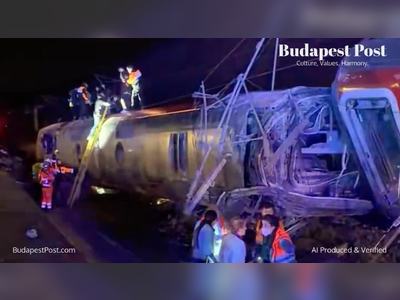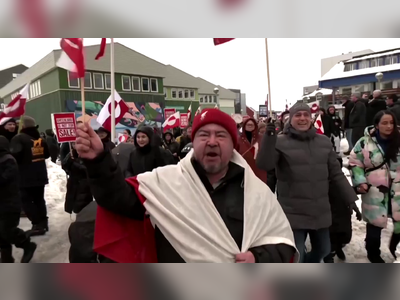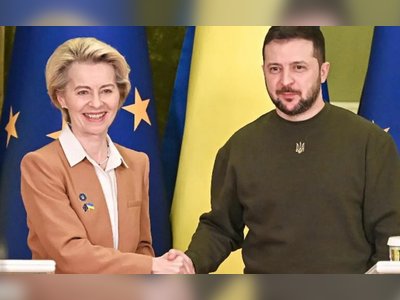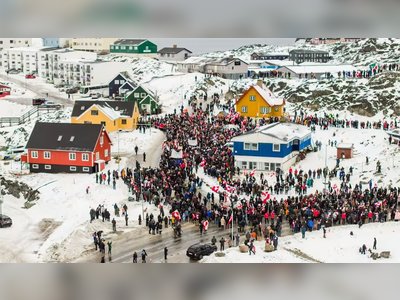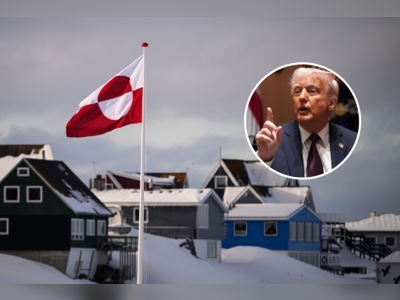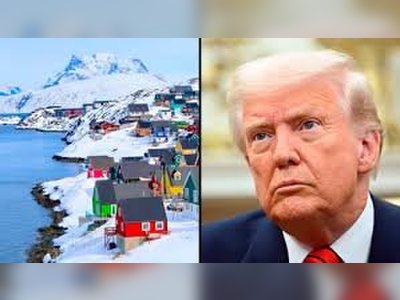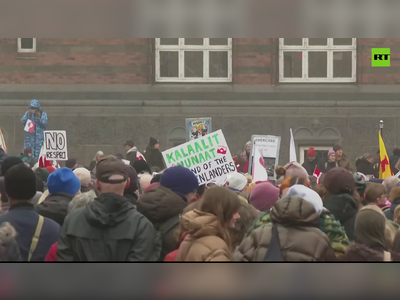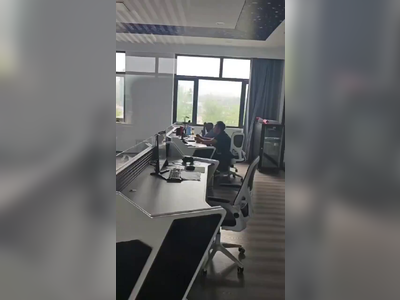
Zelensky Urges EU to Bolster Defenses Amidst Ongoing Russian Threat
Ukrainian President Volodymyr Zelensky addresses European leaders at Davos, highlighting the need for substantial military support to ensure peace.
On January 21, 2025, Ukrainian President Volodymyr Zelensky addressed European Union leaders in Davos, emphasizing the necessity of strengthening military defenses in Europe due to the ongoing threat posed by Russia.
During the discussions, Zelensky highlighted the potential requirement for 200,000 European troops to ensure peace in Ukraine, considering the proximity of Russia and the relative distance of US support.
Zelensky underscored the challenges posed by Russia's demand to reduce the Ukrainian military force from its current size of 800,000 to one-fifth of that number, arguing that such a reduction would render Ukraine indefensible.
The President pointed out that Russia is capable of mobilizing 1.5 million soldiers and produces significantly more ammunition and military equipment compared to European counterparts.
This context, he argued, necessitates a state of readiness across the European Union.
The Guardian reported that Zelensky advised against waiting for potential US leadership changes and instead urged European nations to unite against Russian aggression, cautioning against economizing on their security investments.
He referred to the defense spending target of 5% of GDP as a justified measure to boost military investment, echoing sentiments previously expressed by former US President Donald Trump.
Highlighting geopolitical concerns, Zelensky remarked on the strategic presence of North Korean troops in Russia's Kursk region, noting its closer proximity to Davos than Pyongyang.
This was part of a broader assertion that Europe should evolve into a strong global player.
Furthermore, Zelensky reiterated the strategic security benefit of Ukraine joining NATO, a move firmly opposed by Moscow.
He also questioned Europe's continued purchase of Russian gas while depending on American defense, recommending instead a move towards energy independence and an assertive role in global diplomatic affairs, including future peace negotiations involving Ukraine.
During the discussions, Zelensky highlighted the potential requirement for 200,000 European troops to ensure peace in Ukraine, considering the proximity of Russia and the relative distance of US support.
Zelensky underscored the challenges posed by Russia's demand to reduce the Ukrainian military force from its current size of 800,000 to one-fifth of that number, arguing that such a reduction would render Ukraine indefensible.
The President pointed out that Russia is capable of mobilizing 1.5 million soldiers and produces significantly more ammunition and military equipment compared to European counterparts.
This context, he argued, necessitates a state of readiness across the European Union.
The Guardian reported that Zelensky advised against waiting for potential US leadership changes and instead urged European nations to unite against Russian aggression, cautioning against economizing on their security investments.
He referred to the defense spending target of 5% of GDP as a justified measure to boost military investment, echoing sentiments previously expressed by former US President Donald Trump.
Highlighting geopolitical concerns, Zelensky remarked on the strategic presence of North Korean troops in Russia's Kursk region, noting its closer proximity to Davos than Pyongyang.
This was part of a broader assertion that Europe should evolve into a strong global player.
Furthermore, Zelensky reiterated the strategic security benefit of Ukraine joining NATO, a move firmly opposed by Moscow.
He also questioned Europe's continued purchase of Russian gas while depending on American defense, recommending instead a move towards energy independence and an assertive role in global diplomatic affairs, including future peace negotiations involving Ukraine.
AI Disclaimer: An advanced artificial intelligence (AI) system generated the content of this page on its own. This innovative technology conducts extensive research from a variety of reliable sources, performs rigorous fact-checking and verification, cleans up and balances biased or manipulated content, and presents a minimal factual summary that is just enough yet essential for you to function as an informed and educated citizen. Please keep in mind, however, that this system is an evolving technology, and as a result, the article may contain accidental inaccuracies or errors. We urge you to help us improve our site by reporting any inaccuracies you find using the "Contact Us" link at the bottom of this page. Your helpful feedback helps us improve our system and deliver more precise content. When you find an article of interest here, please look for the full and extensive coverage of this topic in traditional news sources, as they are written by professional journalists that we try to support, not replace. We appreciate your understanding and assistance.
